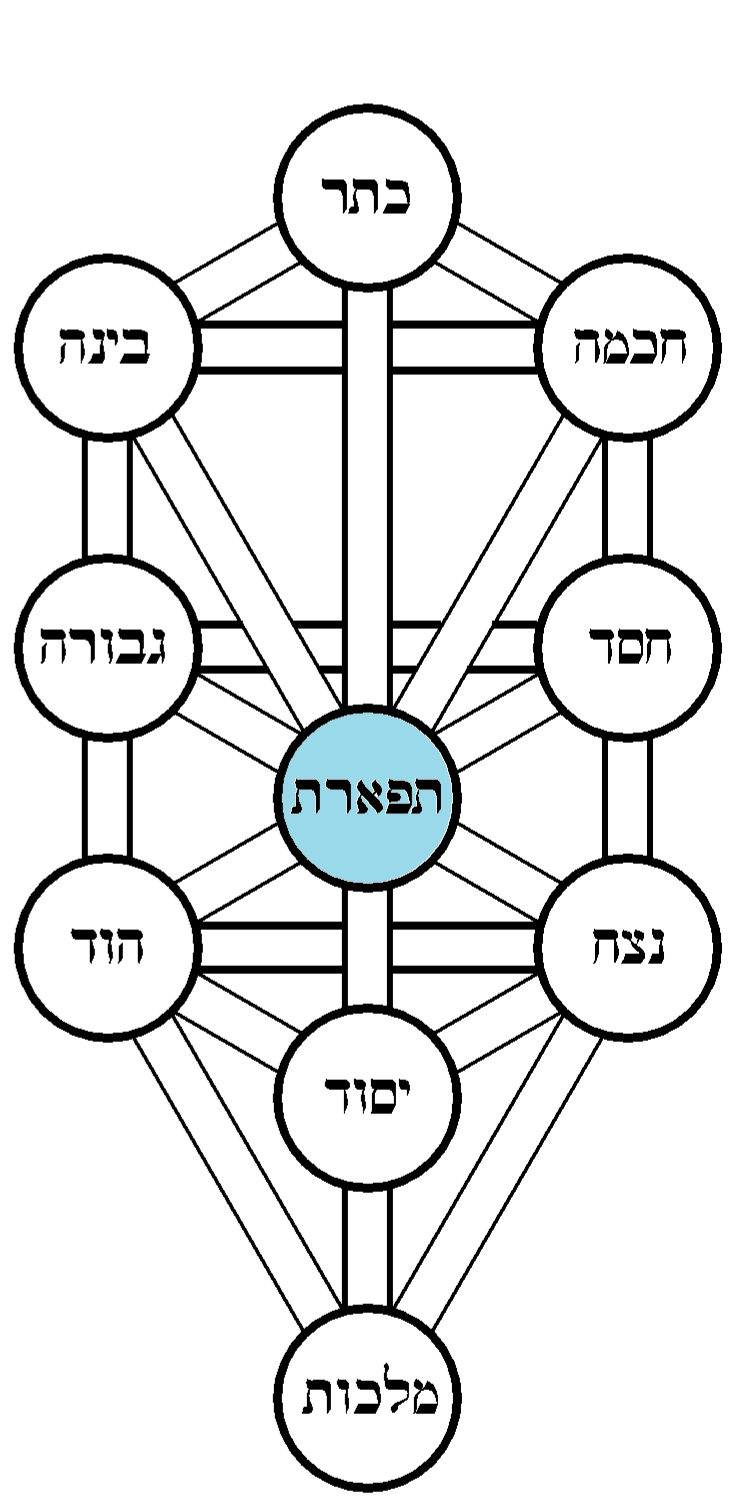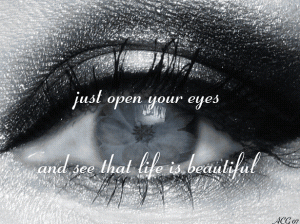 Musings on beauty
Musings on beauty
My entire life, I have always been a people watcher and have been fascinated by human appearance, experience and expression. The question of beauty is something that has always intrigued me. The following are my initial unstructured musings on the topic, a stream of consciousness:
The Power of Beauty
“Such is the power of our innate, undeniable, and often-suppressed desire to look good, achieve greatness and make sure others know about it. Such is the overlooked and underappreciated exercise of our own vanity. To put it bluntly (and to riff off that Hollywood icon of vain glory, Gordon Gekko), Vanity is good. Vanity is right. Vanity works, Caring about ones appearance, in the right way, is no character flaw. It is actually an essential train in a world that lavishes its attention, money, jobs, respect, and all around deference on good-looking people.”
“Studies have found that leaner, fitter, better-dressed, better looking people are paid more, promoted faster, and given more positive evaluations.”
“Researchers at Medaille College in Buffalo asked students to rate 400 professors on their helpfulness, caliry and looks. They found that the hottest teachers also rated highest in the other categories.”
(Source: Mens Health Look Great Grooming Guide Summer 2012)
Beauty is Objective
Physical attractiveness has objective and subjective elements; however there is general consensus, that there is a foundational objective standard of beauty that defies race, culture or personal preferences. This beauty can be quantified in terms of Symmetry, structure and proportion. (See Beauty Analysis http://www.beautyanalysis.com and further writings/research of Stephen Marquardt)
The changing role and evolution of Beauty
In previous generations, divisions among people were determined by social status, class, race, wealth, intelligence, political power and influence. In today’s generation there is a new element that although always present, now has a much greater weighting – physical attractiveness.
The major driver of this change has been technology, which means that we now live in a truly visual and global society. We are inundated with imagery of attractive, beautiful people. Magazines, Television, Movies, Internet, Advertisements, Billboards, Facebook, all of these are visual driven mediums that perpetuate beauty.
Society today has a stronger focus on health, exercise, eating right, and having a well-toned, athletic physique. Advancement in cosmetics, hair and facial products, plastic surgery, and digital imagery has resulted in enhanced, heighted standards and expectations of Beauty. You can say in a sense, we are seeing an evolution of beauty.
Self-Awareness and Social Rank
People have a self-awareness of their own appearance and have an innate ability to identify beauty, intuitively knowing their place in the attractiveness spectrum. It always interesting to note that for example in a high school setting, the “cool kids” those who are at the top of the social pyramid, are as a rule the best looking kids in the grade. The rest of the grade acknowledges that fact, placing them on a pedestal, wanting to befriend them, imitate their mannerism and style of dress.
In general society, you will often notice that people of a similar rank in beauty will associate, befriend and “hang-out” with people who are of a similar rank. What you will also find is that people who are not considered attractive, are treated as “second class citizens” mocked and looked down upon. It was a curious phenomenon I observed many times in a high school setting, that people who were friends in their early years, become disassociated (sometimes via cruel mechanisms of character assignation and public disgrace) as they got into their late teens purely because of their physical appearance. (This interplay is often the theme of teen movies, eg “Never been kissed” with Drew Barrymore)
The cruel reality of life:
Human beings are very judgmental creatures, in an ideal world, people would be judged by their spiritual worth, moral choices they make and the good deeds they perform. However we do not live in an ideal world and that is not how reality works. People are perpetually judged on their personality, wealth, social status, race, intelligence, influence, opinions, families, associates and first and foremost by their physical appearance.
Granted, everyone has to “play the cards they are dealt”, and maximize their persona/appearance as best they can. Society is excited by this notion of “tikkun” correcting people’s lives and physical appearances for the better. — think of television shows like the The Biggest Looser, The Swan, Extreme Makover.
However there are always clearly defined limits of what can be achieved. There is an unfortunate cruel reality that not everyone can be good looking/beautiful, just as not everyone can be wealthy, intelligent or be an athlete. To be beautiful is a product of fate, of divine choosing.
When Yita Halberstams article was published, there was uproar. In my personal opinion she was just stating the harsh truth that is the reality of human existence. The less attractive you are (the article focuses on woman, but it applies just as equally to men) the harder time you are going to have finding people who want to date you.
Change of Focus for Society
You can’t deny reality, human nature is what it is and the makeup of our psychology is that physical appearance will forever be a dividing line among mankind; your face is your trademark defining the brand that is you.
However and this is where a change of focus has to occur on a societal level. Obviously, physical appearance is important, and no one is denying that, but the entire fixation of contemporary society and culture is on physical beauty and youth. This is to everyone’s detriment in the short and long term.
– Without stating the obvious, not everyone can be beautiful and therefore to take the top 1% of physically attractive people, blast them over every visual medium is inevitably going to set a standard that is unattainable by the vast majority of mankind. With that standard in place, inevitably you are going to create a society of unhappy people and all the social ills, eating disorders and self-esteem issues we are witnessing. You cannot form a society based on standards and expectations that the vast majority of people can never attain, it doesn’t work and in a certain sense can only be considered cruel.
– And even for the 1% of beautiful people, beauty does not last forever, eventually everyone’s body is going to wither away and everyone’s beauty will fade with time. Yes, the realm of cosmetic surgery can slow/reverse that trend, but nothing can stop the clock.
– With a focus on youth and beauty, respect for the elderly, those with wisdom, depth and experience is rejected. People with inner qualities are not seen as role models anymore. As a consequence, attractive people, celebrities and athletes hold more authority on lifestyle, moral and political issues than people who really should have the final say on such matters. People often forget that being good looking, does not make you a good person
– With an exclusive focus on external appearance there is no emphasis made on self-improvement, kindness, charity and good will, qualities that should really be the foundation of the society we build together.
– A Torah perspective, any society that has man at the top of the pyramid, as opposed to G-d has a very short sighted, self-centered view of existence. Existence cannot be focused on something that is not eternal, that will not out live you.
– A thought I have been musing over is that no human being has ever “seen” their own face, it is always via another medium (reflection, mirror, video recording). Many life lessons to learn from that paradigm.
Closing Thoughts
There is much to write and in a certain sense I struggle with how I want to end this post so I will end with this point:
The place where the issue of beauty and physical appearance has the most weight is when it comes to dating and finding ones life partner. To be alone, is a terrible state to be in, something that G-d acknowledges himself (“Genesis 2:18. And the Lord God said, “It is not good that man is alone”). We live in world where the body is important and many wonderful people are alone and single because of our visual driving society. It is fair to focus on the body but let us not forget the soul. For remember we are all created in the image of G-d and G-d does not have a body or form.
Its my prayer that everyone should have a year of health, and happiness, a year a self confidence and acceptance of our own appearance, a year where people who are looking for their soul mate should find it, where we focus more on peoples inner qualities, and where we build a society based on eternal G-dly qualities, for in that way we shall bring about the day where ” And the Lord shall become King over all the earth; on that day shall the Lord be one, and His name one. – Zechariah 14:9″
The End


